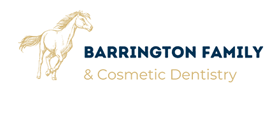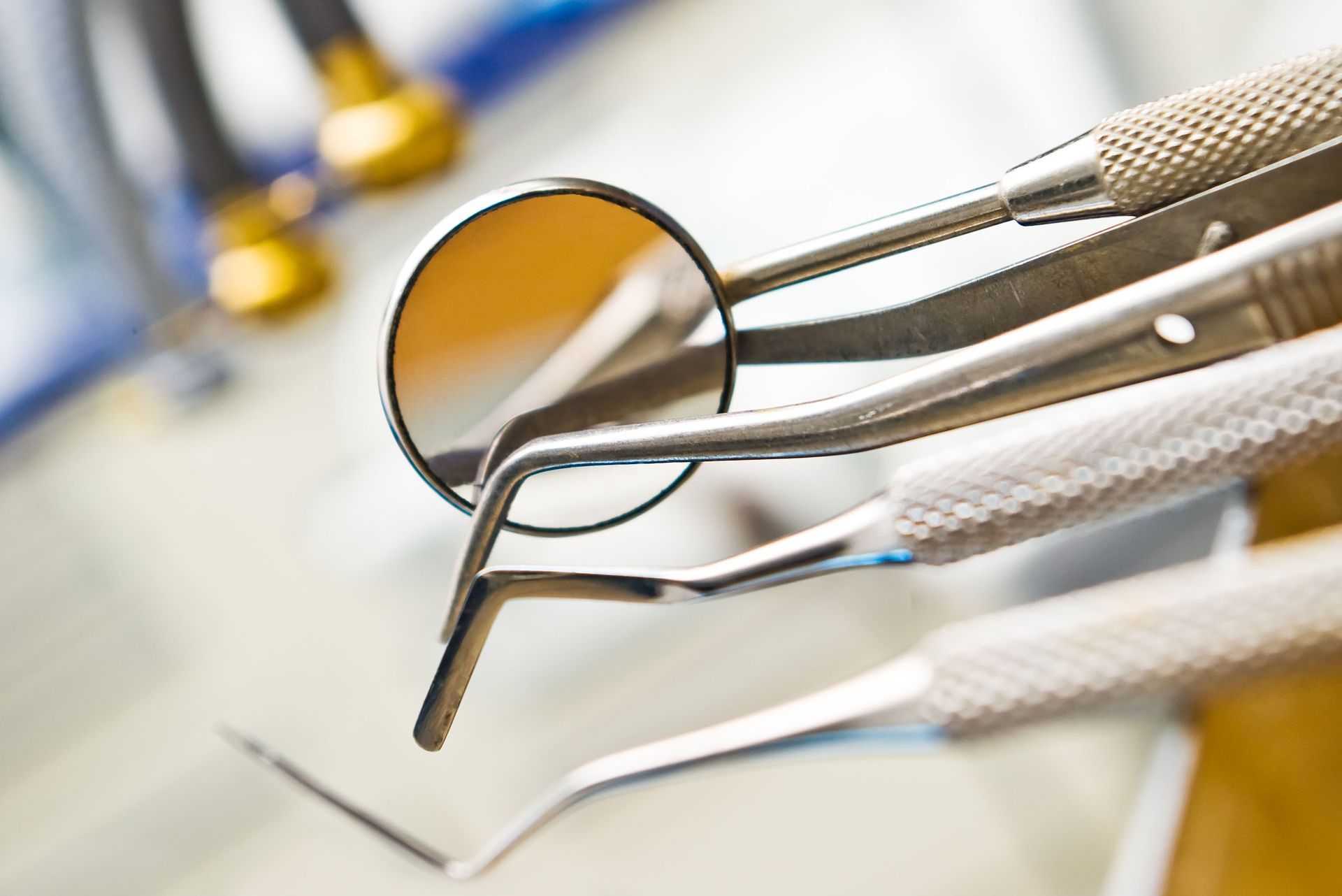How to Prevent Dental Cavities
Dental cavities are one of the most common oral health issues affecting people of all ages. In fact, according to Forbes, around 90% of adults over 20 in the United States have had at least one cavity. If left untreated, cavities can lead to pain, infections, and even tooth loss, causing discomfort and requiring costly dental procedures. However, the good news is that cavities are largely preventable with the right approach to oral care. By maintaining a consistent oral hygiene routine, making informed dietary choices, and visiting a dental office for regular check-ups, you can keep your teeth healthy and cavity-free. This article explores the best strategies for preventing cavities and ensuring long-term oral health.
Maintain a Rigorous Oral Hygiene Routine
One of the most effective ways to prevent dental cavities is by practicing good oral hygiene daily. Brushing your teeth at least twice a day using fluoride toothpaste is essential. Fluoride helps to strengthen tooth enamel, making it more resistant to decay. Be sure to use a soft-bristled toothbrush and replace it every three to four months, or sooner if the bristles become frayed.
In addition to brushing, in our experience, flossing at least once a day is necessary to remove food particles and plaque that get trapped between the teeth. Many cavities start in these hard-to-reach areas, so incorporating flossing into your routine significantly reduces your risk. Using an antibacterial mouthwash can further enhance your oral hygiene by reducing bacteria in the mouth and keeping your breath fresh.
Limit Sugary and Acidic Foods
Your diet plays a crucial role in oral health. Consuming excessive amounts of sugary and acidic foods increases the risk of cavities. Sugary foods, including candy, pastries, and sweetened beverages, fuel harmful bacteria in the mouth. These bacteria produce acid that erodes tooth enamel, making teeth more susceptible to decay.
Acidic foods and drinks, such as citrus fruits, coffee, and soda, can also weaken enamel over time. If you consume these items, try to rinse your mouth with water afterward to minimize their impact. Instead, opt for a balanced diet that includes foods rich in calcium, phosphorus, and vitamin D, such as dairy products, leafy greens, and lean proteins. These nutrients help strengthen your teeth and protect against decay.
Strengthen Tooth Enamel Naturally
Your enamel is the protective outer layer of your teeth, and keeping it strong is key to cavity prevention. While fluoride is one of the most effective ways to reinforce enamel, there are also natural ways to support its health. Eating foods high in calcium and phosphorus, such as cheese, nuts, and leafy greens, can help remineralize teeth and restore small amounts of enamel lost to acid exposure.
Additionally, limiting snacking between meals can reduce acid attacks on your teeth. Every time you eat, bacteria in your mouth produce acid that weakens enamel. Giving your teeth time to recover between meals helps maintain a healthier oral environment. Drinking water and eating crunchy fruits and vegetables, like apples and carrots, can also help cleanse the teeth and stimulate saliva production, which naturally protects enamel.
Stay Hydrated With Water
Drinking plenty of water is an easy and effective way to support oral health. Water helps wash away food debris and bacteria, reducing the risk of plaque buildup and cavities. Many communities have fluoridated tap water, which further strengthens teeth and prevents decay.
Saliva is another critical defense against cavities, as it neutralizes acids in the mouth and aids in remineralization. Staying hydrated helps maintain an adequate flow of saliva, keeping your mouth naturally protected. If you frequently experience dry mouth, consider chewing sugar-free gum to stimulate saliva production.
Visit Your Dental Office Regularly
Routine dental check-ups are essential for maintaining good oral health and preventing cavities. Dentists can identify early signs of tooth decay and address them before they become serious problems. Professional cleanings remove plaque and tartar buildup that cannot be eliminated through brushing and flossing alone.
Regular visits to a dental office also provide an opportunity for personalized oral health guidance. Your dentist can recommend preventive treatments, such as fluoride applications or sealants, based on your individual risk factors. We suggest scheduling check-ups every six months, though some patients may require more frequent visits based on their oral health needs.
Preventing dental cavities requires a combination of good daily habits, a well-balanced diet, professional care, and proper hydration. By taking these steps, you can maintain strong, healthy teeth and avoid the discomfort and expense associated with tooth decay.
At Barrington Family & Cosmetic Dentistry, we are committed to helping you achieve a lifetime of excellent oral health. Whether you need a routine check-up, professional cleaning, or personalized advice on cavity prevention, our experienced team is here to help. Schedule your appointment today and take the first step toward a healthier smile!





Share On: